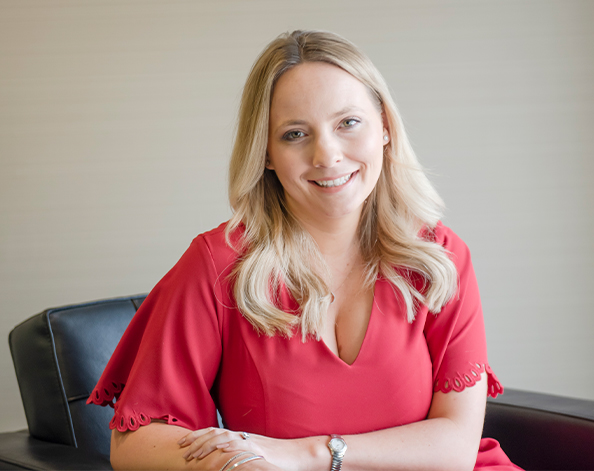Why do clients choose to invest in property?
Luke: Firstly, property is a tangible asset and the ability to see a physical investment as opposed to numbers on a page can give a sense of security. That said, many of our clients use property to diversify their portfolios and spread their financial risk across different types of investment.
Lots of our clients focus on buy-to-let investment in particular. As a property can deliver a regular income through rent and long-term capital growth when the cost of funding is relatively low, the potential return can be attractive.
Typically, individuals that buy investment properties in or around London will do so for longer-term capital growth/appreciation, while buying in other parts of the country can provide higher yields/rental returns.
Aneisha: Historically, the share of buy-to-let profit from rental income or capital growth has depended on what part of the country landlords have invested in. Our research1 shows that, on average, 80% of a London landlords’ total profit over a nine-year ownership period came from capital growth, with just 20% from rental income. In contrast, landlords in the North West earned 57% of their profit from rental income and 43% from capital growth.
More recently, slow house price growth and new tax regulations have made more landlords prioritise yield. As a result, a record 63% of London based investors purchased buy-to-lets outside the capital this year.
What is driving buying decisions at the moment?
Luke: As the UK economic recovery has continued, there is an acknowledgement that the Bank of England’s Bank Rate at 0.1% is at its lowest level for 300 years. That underpins low mortgage interest rates and greater affordability.
Investec economists predict interest rates may rise in 2022, with Bank Rate potentially increasing to 0.5% by the end of next year and 1% by the end of 2023. The prospect of change can drive activity.
Low interest rates can mean a low level of expected return on cash savings, so clients want to make their money work harder at a time when UK households have accrued an estimated £190bn surplus2.
Aneisha: The 14-month stamp duty holiday, which saw the average investor’s stamp duty bill fall by a quarter, saw buy-to-let purchases, in particular, rise to a six-year high. To future-proof these investments, a rising number of clients have set up limited companies. During the first seven months of this year, 29,3001 new buy-to-let companies were set up.
What are investors looking for?
Aneisha: The majority of investors are still seeking higher-yielding areas further North. However, a growing number are purchasing in the South, where rents have risen more than house prices and yields have increased, albeit from a low level. London has seen the biggest increase in gross yields out of all the regions in Great Britain, rising from an average of 4.2% in 2020 to 4.6% in 20213.
Are you still seeing demand from international buyers?
Aneisha: We are, but the impact of the pandemic on overseas travel has meant that international buyer numbers have dropped overall. In 2019, 45% of homes in Prime Central London were bought by an international buyer, whereas in the first six months of this year, 27% of homes in Prime Central London were bought by a foreign national. As travel restrictions ease, we expect this number to bounce back towards 2019 levels.
Luke: At Investec, we have seen some properties purchased remotely during the pandemic. For many of our international clients, the UK offers political stability and economic and cultural opportunities. The fall in some property prices has been an incentive to complete transactions off the back of market uncertainty over the last 18 months or so.
How can the property investment process be made easier?
Luke: It’s important to find a financial partner that works with like-minded individuals. Our private banking teams serve high-net-worth individuals and each of our bankers specialises by working with clients from specific professional sectors. As our bankers are experts within these sectors, we can unlock opportunities that others may not as we have a deep understanding of our clients’ professional situations and how they are renumerated. Of course, no two people’s needs are the same, so we can find appropriate financial solutions and tailor repayment plans accordingly when considering what our clients want. We also have integrated credit and foreign exchange teams so we can make decisions quickly and efficiently.
Aneisha: We would say it’s critical to find an agent who listens and understands your needs. Whether you’re looking for a second home as a nest egg for your family, or investing in a portfolio that brings in the right level of yield, your journey into investing in property is unique. And that requires someone with experience and advice you can trust who fills you with confidence for every decision, at every stage.
To find out how we can help you invest in property, get in touch today
For more information about how Investec can help you with your private banking needs, please get in touch today. Our Private Bankers are highly experienced with a history in complex lending and relationship management.
Disclaimer:
This article is for general information purposes only and should not be used or relied upon as professional advice. It is advisable to contact a professional advisor if you need financial advice.
Browse articles in



